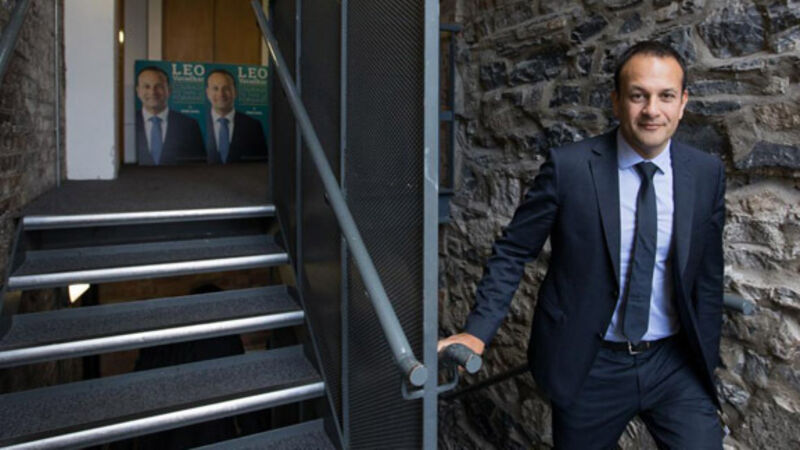Key policy unveiled by Varadkar lashed by unions and Fianna Fáil

Mr Varadkar revealed the plan as he also called for elderly people to move out of houses to make space for younger families, for water charge refunds to be made “this year”, outlined a new pension system, and said he will merge USC with PRSI to create a new public fund.
Speaking at the formal launch of his policy plans should he become taoiseach, Mr Varadkar said his priorities will be to severely limit the right to strike for emergency services, saying the public should no longer be “inconvenienced” and that the Labour Court must be “the final arbiter” in disputes.













